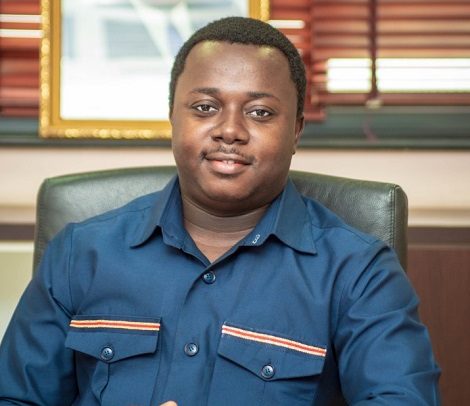Rev. John Ntim Fordjour
The nation’s education system is gradually changing learning outcomes through various initiatives being implemented by the Education Ministry in collaboration with other partners.
The Deputy Minister for Education, Rev. John Ntim Fordjour, who announced this, mentioned the Play-Based Methodology (PBM) learning being implemented by the Right To Play (an international educational advocacy institution) in collaboration with the Ministry of Education and its agencies in some selected basic schools in the country as one of such interventions changing learning outcomes.
Rev. Ntim Fordjour announced this when he paid a visit to the Oshiyie Municipal Assembly Basic School at Oshiyie in Accra on Monday.
The visit to the school was to see at first-hand how the Play-Based Methodology learning project was impacting the learning process in the school.
The Play-Based Methodology project involves the training of teachers in how to use purposeful play method in teaching, which in the end builds the children’s confidence, leadership and communication skills as well as helps them become advocates for themselves and the community.
He recounted how the Right To Play was making a great impact on the beneficiary schools, with over 32,000 pupils benefiting impacting on 2050 schools after the building of the capacity of over 50,800 teachers across the country.
Rev. Ntim Fordjour also mentioned the Ghana Accountability and Learning Outcomes Project (GALOP) being another intervention being implemented by the Education Ministry with funding from the World Bank.
The minister, who was excited observing how the pupils and their teachers studied through various purposeful playing activities, commended the Right To Play for their initiative which has brought about many changes in the way the children were responding to the lessons.
He hinted at plans to help extend the Play-Based Methodology to all basic schools across the country.
“My experience in all the classrooms visited was awesome. The enthusiasm of teachers. You have one of the best teachers in the country,” the Deputy Minister said.
The Country Director of Right To Play, Madam Josephine Mukakalisa, pledged to continue working very hard to ensure that the project continues to impact the lives of the pupils, their parents and the nation as a whole.
She also pledged to continue deepening the ties with all the stakeholders in the nation’s education sector, to ensure the transformation of the nation’s economy through education.
Background
The project involves building the capacity of teachers in the project schools to improve their teaching and learning skills to effectively use the play-based learning methodology.
The training includes a positive learning environment, positive reinforcement, coaching and mentoring, leadership, and girl-child mentoring among others.
The project is currently operating in three regions and seven districts.


